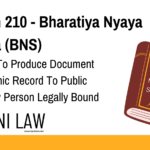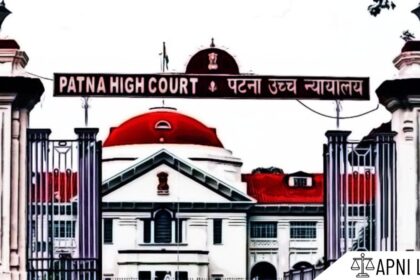Court Has Power To Confiscate Vehicle: Court Rules Confiscation Must Follow Due Process
The Punjab & Haryana High Court has overturned the confiscation order of a vehicle involved in a case under the Narcotic Drugs and Psychotropic Substances (NDPS) Act. The Court found that the order was passed without adhering to the mandatory procedure under Section 63 of the Act.
The vehicle’s confiscation was ordered simultaneously with the sentencing of its owner. The person was found guilty by the trial court. However, Justice Harpreet Singh Brar emphasized that under Section 63(1) of the NDPS Act. Confiscation must be determined separately, regardless of whether the accused is convicted, acquitted, or discharged.
Confiscation Not Contingent on Trial Outcome
The Court clarified that the confiscation process is independent of the trial’s outcome. Section 63(2) of the NDPS Act states that the Court has the power to confiscate a vehicle. This is even if its owner is not prosecuted alongside other accused individuals. The provision allows the Court to proceed with confiscation even when the offender remains unidentified or untraceable.
Furthermore, if any individual asserts a legitimate claim over the seized property, they must be granted a hearing before a confiscation order is issued. The Court highlighted that failing to provide such an opportunity violates fundamental principles of natural justice.
Supreme Court Precedent Cited
The Court relied on the Supreme Court’s ruling in Bishwajit Dey v. The State of Assam, which establishes that vehicles can only be confiscated after the trial concludes, with a conviction, acquittal, or discharge. Moreover, the Court must allow a hearing for any claimant before ordering confiscation.
Justice Brar underscored that Section 63 of the NDPS Act mandates specific conditions before confiscation can occur:
A confiscation order cannot be made before one month from the date of seizure.
The claimant must be given a hearing.
The Court must consider evidence supporting the claim before ruling on confiscation.
Confiscation Order Declared Arbitrary
In the present case, the Special Court in Bathinda convicted the applicant-appellant and simultaneously ordered vehicle confiscation without granting a prior hearing. The High Court deemed this action a violation of natural justice, ruling the order arbitrary and unjust.
The judgment reinforces the principle that confiscation under the NDPS Act must follow due process, ensuring the rights of all parties involved.








